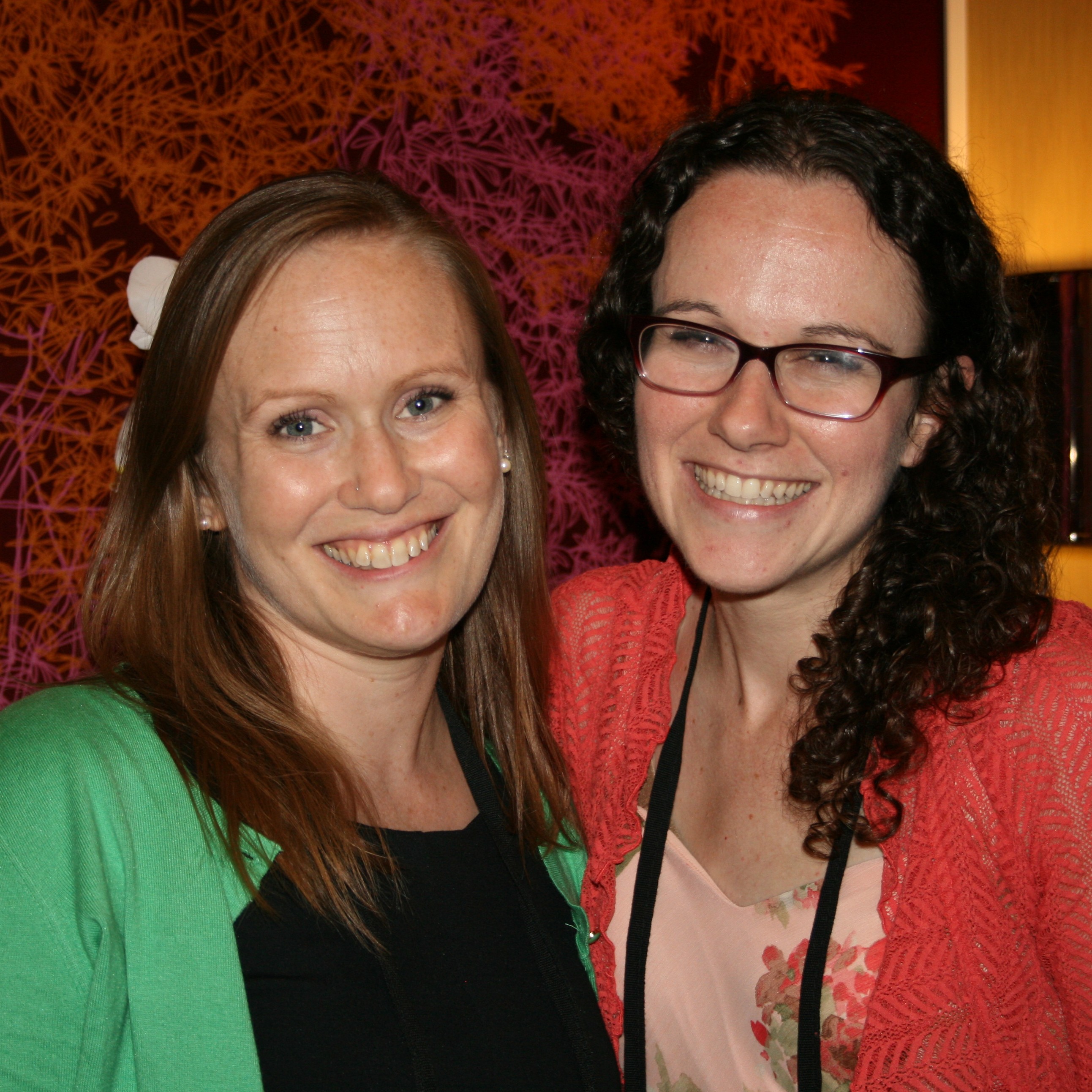You studied abroad. Hopefully, you had a life-altering, perspective-flipping, horizon-broadening, eye-opening experience (you know — you learned stuff). What’s next? You might be wondering how to translate your time overseas into job skills. Or maybe you’re trying to figure out where you’re taking your career. If you had the time of your life during study abroad and are passionate about inspiring others to do the same, why not work in international education?
The field of international education (IE for short) is a great fit for those who want to help students study abroad. But how do you get a job in study abroad? And where do you even start? Here are a few pointers:

- Intern or volunteer. Get hands-on experience — learn what part of IE you’re interested in. Are you leaning toward advising? Program creation? Marketing? Recruitment? Or are you interested in developing partnerships between institutions? Would you rather work to help students study abroad, or to support international students coming in to your country? Interning or volunteering can help you answer these questions and point you in the right direction. If you don’t know where to start, ask your study abroad office if they could use an extra set of hands (the answer is usually yes).
- Go to IE conferences. Check out industry conferences taking place in your area and get an inside look at what issues IE practitioners grapple with. Participate in the discussion (or at least listen actively) to get a sense of what’s going on in the field. And of course — meet people! You never know who is a potential employer. Can’t afford the conference fees? Ask the organizers if you can volunteer. If that’s not an option, follow the conversation with event hashtags on Twitter.
- Go on informational interviews. An informational interview is when you ask someone who holds a position you might want about his or her job (in person, or even on the phone!). What does the day-to-day work look like? What’s the best part of the job? The most challenging part? What kind of skills or additional degrees are needed to get this position? These interviews are a no-pressure way to learn more about a specific type of job in international education, and allow you to build a network of people who know you’re looking for a job (sounds silly, but it helps). If you’re not sure where to start, ask your study abroad advisor!
- Stay informed. It’s important to stay abreast of hot topics in international education. Taking part in the conversation can also potentially help land you a job! Participate in relevant LinkedIn groups (like this one for NAFSA, the Association of International Educators) or sign up for industry listservs (SECUSS-L is a popular one).
- Continue your travels. Studying, living, or working abroad is one of the best ways to develop a solid skill set for working in international education. So go! Au pair in Europe, teach English in Asia, or work on a farm in South America. Whatever you do, just go. And if snagging that dream job in international education seems like a distant dream, let this alumni success story inspire you: ISEP alumnus Osama Jasim Mafraji now works in his home university’s study abroad office after spending a semester in California. So ask yourself — even if you’ve returned from your academic globe-trotting, where is study abroad taking you next?
Have a success story of your own? Share it with us.
Like this Story? Also like us on Facebook.